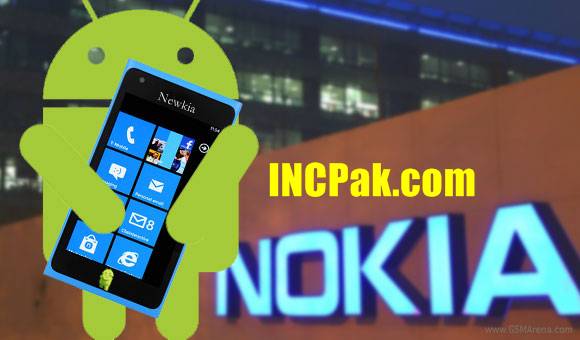After 18 and 22 years, respectively, the AdWords and DoubleClick brands will soon cease to be. As part of a comprehensive effort to streamline its offerings, Google’s flagship advertising products are getting new names and reorganizing to better reflect their current capabilities and where the company sees trajectories for growth. Along with the rebranding, Google is also introducing some new solutions that further the push toward simplifying its advertising offerings.
There will now be three primary brands:
- Google AdWords is now Google Ads.
- DoubleClick advertiser products and Google Analytics 360 Suite are now under the brand Google Marketing Platform.
- DoubleClick for Publishers and DoubleClick Ad Exchange are integrated into a new unified platform called Google Ad Manager.
What’s under the hood of the products largely isn’t changing. Rather these are primarily name changes that are “indicative of where we have been directing products over the last few years,” said Sridhar Ramaswamy, Google’s SVP of ads, at a press briefing Tuesday.
“Consumer expectations from mobile are on the rise…. Opportunity for advertisers is on the rise as well,” said Ramaswamy.
As Google has acquired and developed new ad products, formats and measurement solutions to meet new needs, its offerings have become more complex and numerous over the past two decades. That’s made it harder for advertisers, publishers and agencies to identify and select the right Google products for their needs, Ramaswamy explained. The new branding under three buckets makes the starting point for marketers easier to figure out, and new solutions are aimed at helping marketers achieve better outcomes more easily.
Here’s a look at the new brands and solutions announced Wednesday.
Google Ads

When it launched in 2000 with roughly 350 advertisers, AdWords was a platform for running text ads on desktop Search. Google co-founder and CEO Larry Page said at the time, “AdWords offers the most technologically advanced features available, enabling any advertiser to quickly design a flexible program that best fits its online marketing goals and budget.”
Fast-forward 18 years, and AdWords has evolved into a platform that supports many different ad formats — text, shopping, display, video, app install — across Search, YouTube, Gmail, Maps and a network of partner sites and apps. Millions of advertisers spend billions on the platform annually. It’s outgrown its name.









